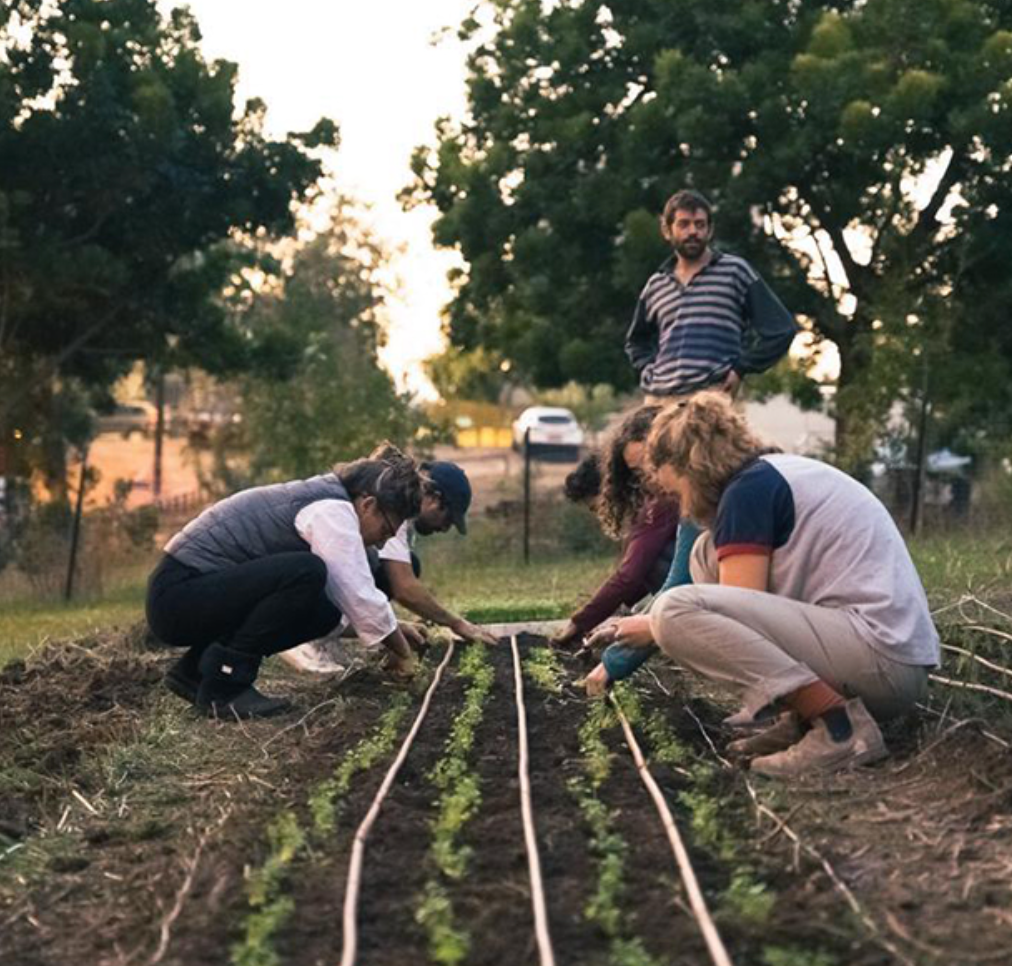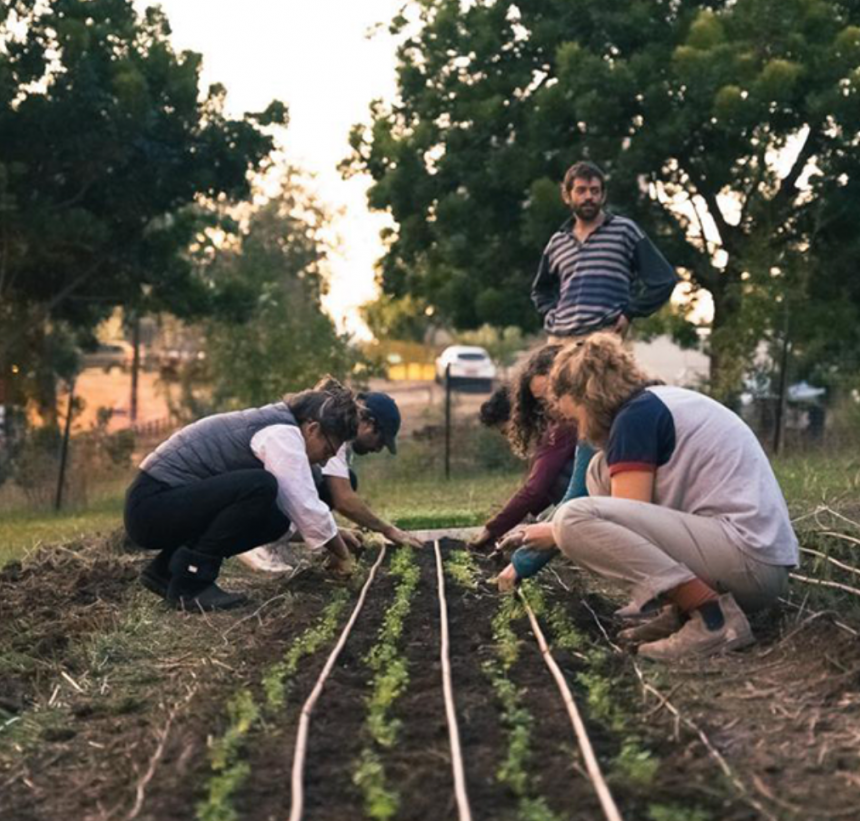
Tel Chubez, a garden share in south Tel Aviv. Residents create coupons for contributing to the garden in areas such as composting and can redeem them for fresh food.
Tel Aviv–Jaffa is experiencing rapid growth with numerous construction projects. Preserving urban nature and ensuring residents have access to it in the face of climate change challenges is crucial. The Shapira neighborhood in south Tel Aviv has been identified as vulnerable to extreme weather conditions.
Related: vertical gardens in the city
Introducing Tel Chubez, an urban farm in Shapira operating on circular economy principles. This farm, established three years ago on unused city land, provides residents with a green, productive space within the city, promoting wellness and offering access to fresh, healthy food while building community resilience and biodiversity.
This initiative, spearheaded by activists who collaborated with the municipality and local businesses, has exceeded expectations in connecting people to the environment and each other. Residents and businesses participate by separating organic waste for community composting and receive ‘Lira Shapira,’ a local currency accepted at various neighborhood establishments.
Related: Hydroponic rooftop gardens for food not cannabis and CBD
Residents can use Lira Shapira to purchase fresh produce from Tel Chubez, closing the loop on organic waste. The farm, maintained by city staff, the Lira Shapira NGO, and volunteers, follows permaculture and Biodynamics principles for sustainable cultivation without pesticides. Over 60 fruit trees and local wildflowers create an ecological habitat for birds and insects.
In addition to providing fresh food, Tel Chubez offers workshops to educate residents on biodiversity enhancement and attracting pollinators like butterflies and honeybees to their own gardens.
In a short time, Tel Chubez has become a green hub for residents, plants, and animals, showcasing successful collaboration between the municipality, nonprofits, and businesses in creating a nature-based platform for positive environmental, social, economic, and health impacts.
::Lira Shapira






